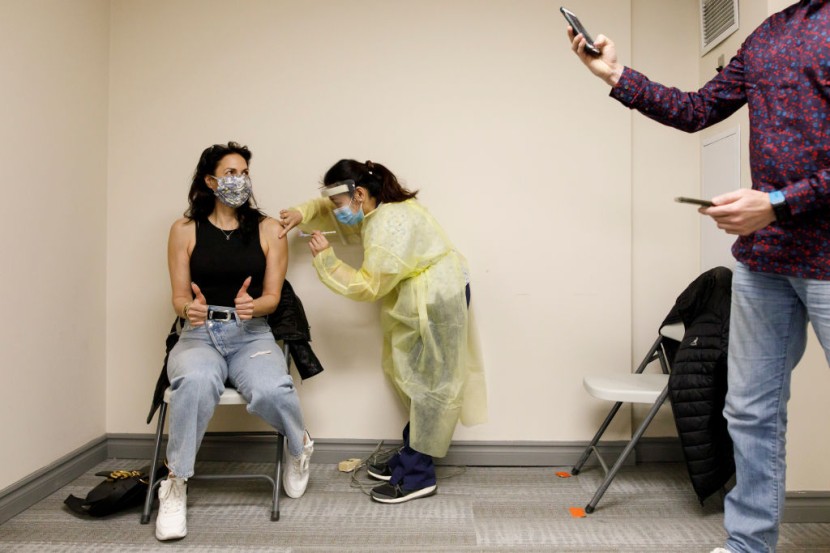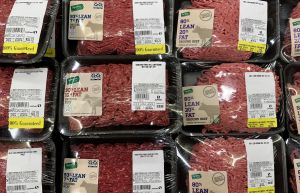
Canada has one of the slowest vaccine dissemination among developed economies. It is now imposing new lockdowns to mitigate a surge in infections. On the other hand, its neighbor's economy, the United States, is opening up, and COVID-19 vaccines are increasingly accessible.
Canada's Slow Vaccination
As of April 8, 2021, over seven million doses of the novel coronavirus vaccine have been received in Canada. An estimated 17 percent of the population has been administered at least one dose. Most Canadians are still awaiting their dose, with only 12 percent of them not intending to get inoculated.
Canada has lagged behind other rich nations in immunizations even though it ordered adequate doses to vaccinate the population five times over late 2020. However, such procurement deals guaranteed relatively few shots in the initial quarter of 2021 with a sharp surge in the second quarter, reported Reuters.
According to the White House on Thursday, the United States sought in March to send millions of doses of the AstraZeneca vaccine in Canada. The White House Press Secretary Jen Psaki stated the U.S. was planning to transfer 1.5 million vaccines to Canada, reported The New York Times.
The US vaccine dissemination may be bumpy, but it is the envy of its neighbors. "Meanwhile in Canada" was trending on social media as Canadia's citizens lament their wobbly inoculation program.
Canada has secured the globe's most massive number of potential COVID-19 vaccine doses per capita. However, it is grappling to get its hands on a number of those doses and get shots into arms. Prime Minister Justin Trudeau vowed an "enormous increase" in shots coming to Canada of the Moderna and Pfizer vaccines, the only two currently permitted for use in the nation, reported BBC.
2 Vaccine Sites Close After Reactions to Johnson & Johnson Dose
Canada was once hailed as having successfully tackled the coronavirus pandemic. It fared much better than the U.S. in fatalities and cases due to how it approached lockdowns. However, the trade-dependent country has lagged in inoculating its population because it cannot produce the vaccine and has had to depend on the world supply chain for the life-saving shots, the same as many other nations.
Hopes raised by the inoculation launch in December -- buoyed by reports that Canada had ordered shots equal to 10 times its population -- have become stale. Production issues at Moderna and Pfizer, developers of the only two vaccines currently authorized in Canada, have led to reduced shipments. These include several weeks in which no vaccine has arrived at all.
Canada's lockdowns arrived as new, more contagious COVID-19 variants have taken hold in the nation. The rapid prevalence of the B.1.1.7 variant, first identified in the United Kingdom, and P.1 variant, which was first detected in Brazil, forced authorities in Canada's largest provinces to introduce new stay-at-home orders and, in several cases, close schools.
To reach herd immunity, when a major portion of the population becomes immune to infection through inoculation or natural infection, 53 to 84 percent of Canadians require immunity. This is taking into consideration the strongest variants and the speed at which one could be prevalent.
Japanese Woman, First COVID-19 Patient to Receive Living Donor Lung Transplant in the World
© 2026 HNGN, All rights reserved. Do not reproduce without permission.








